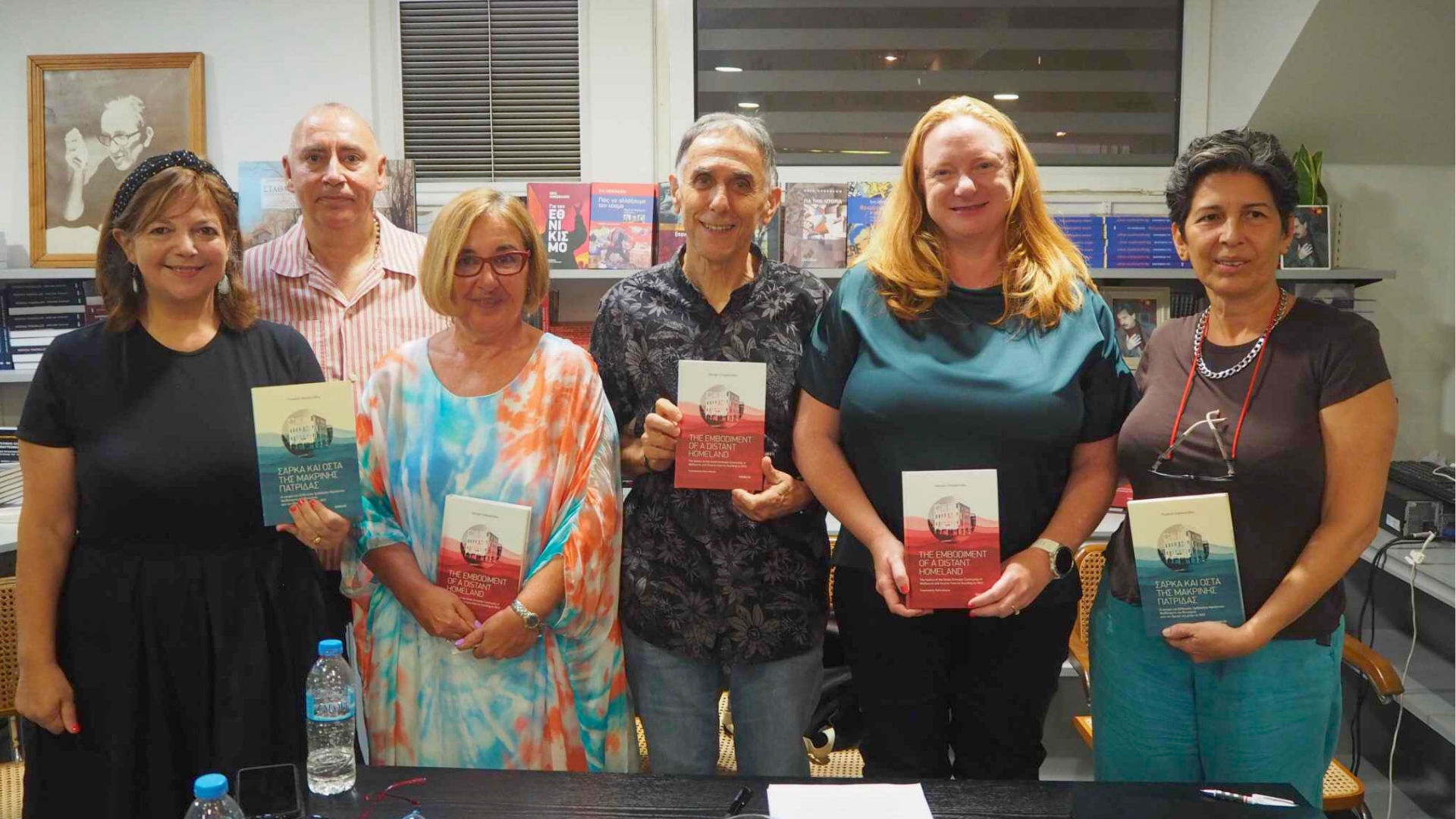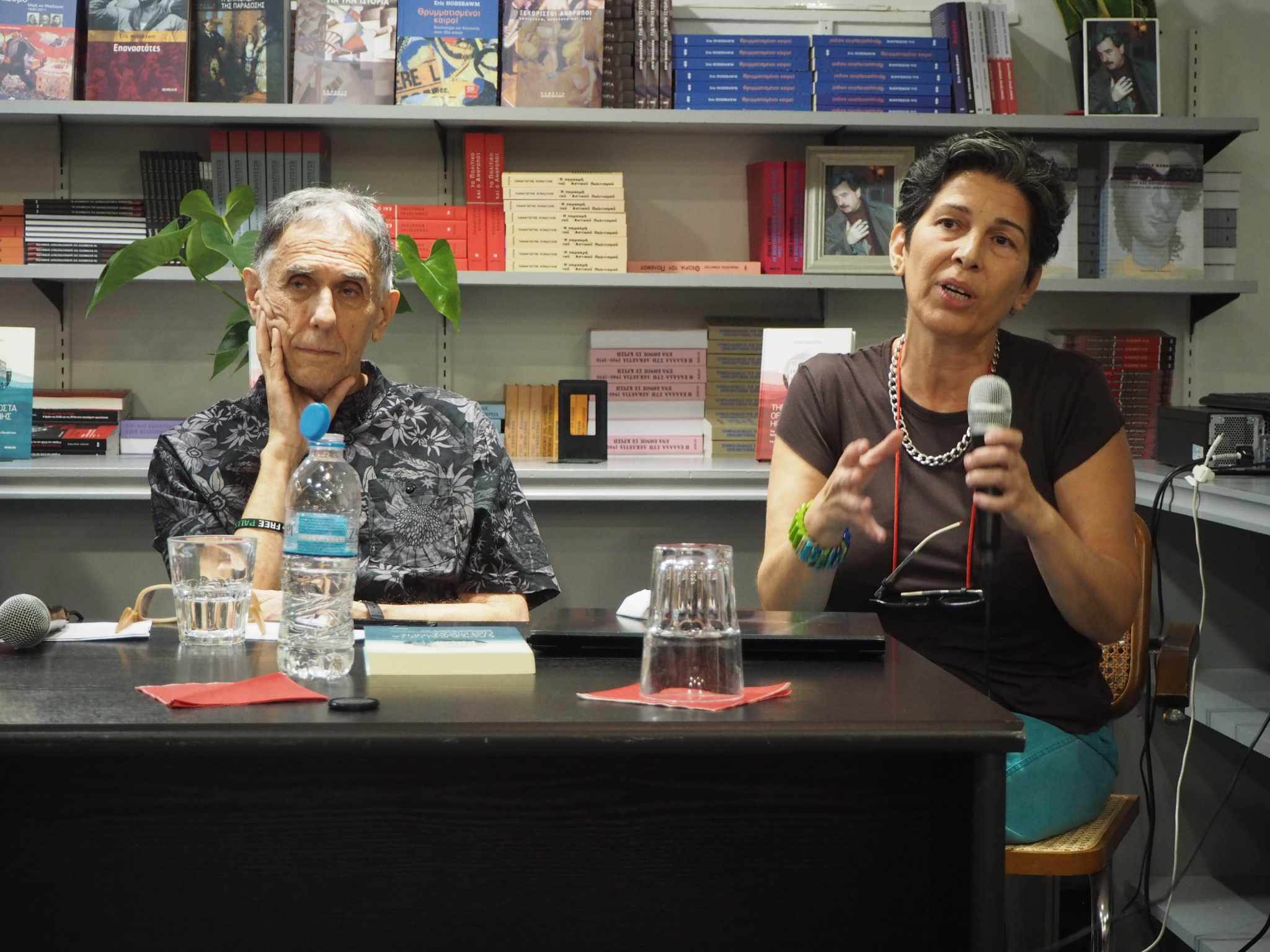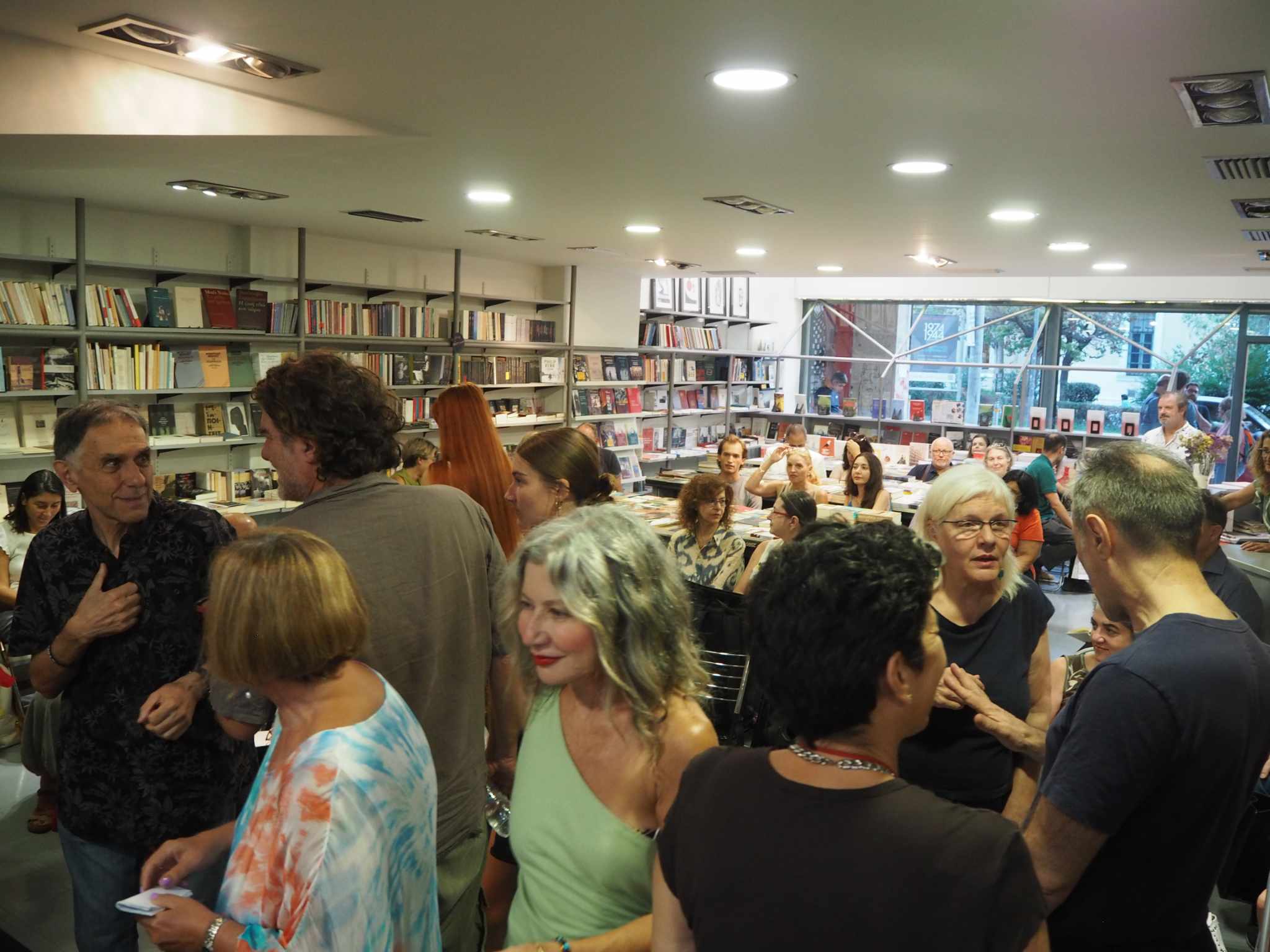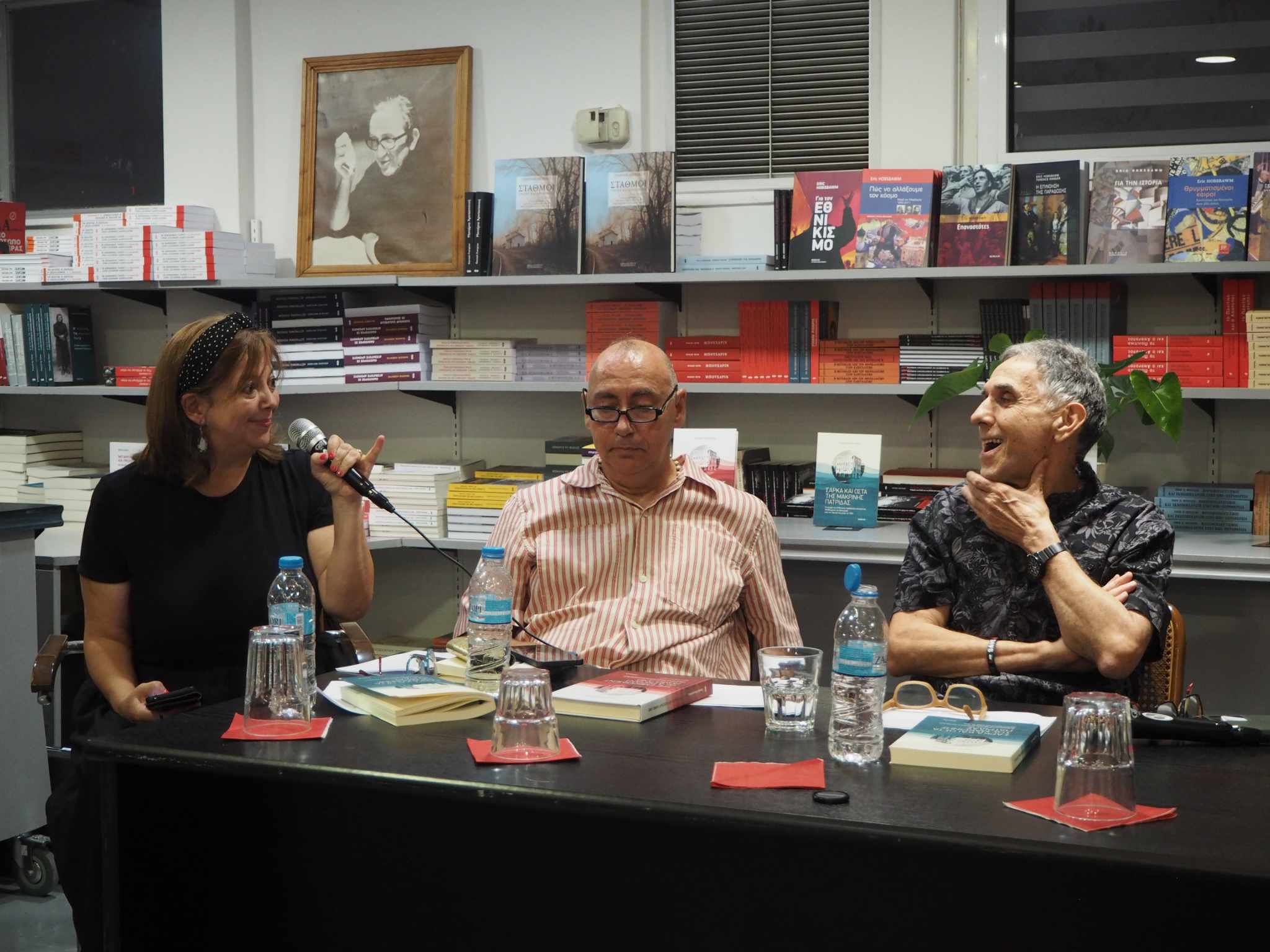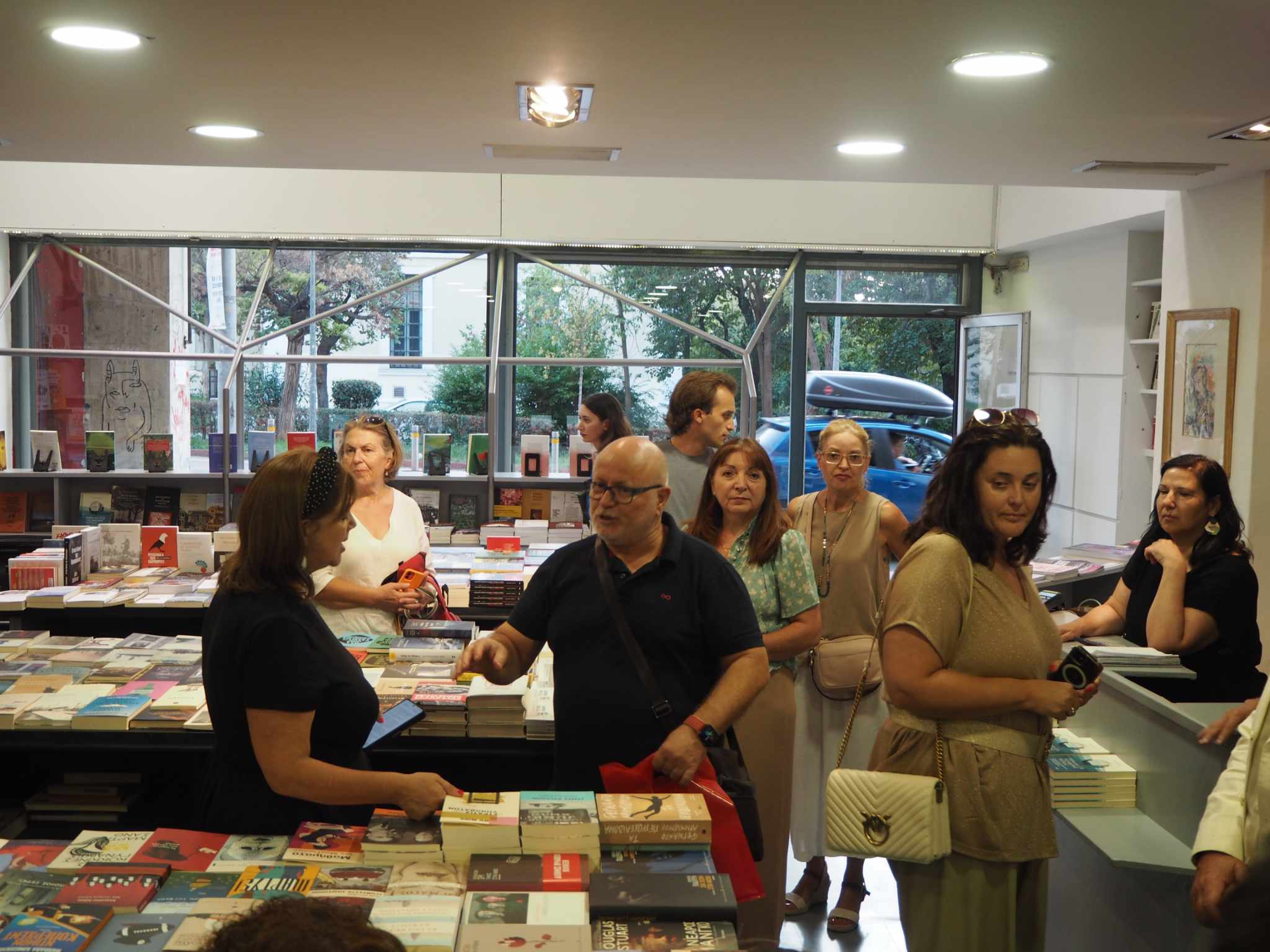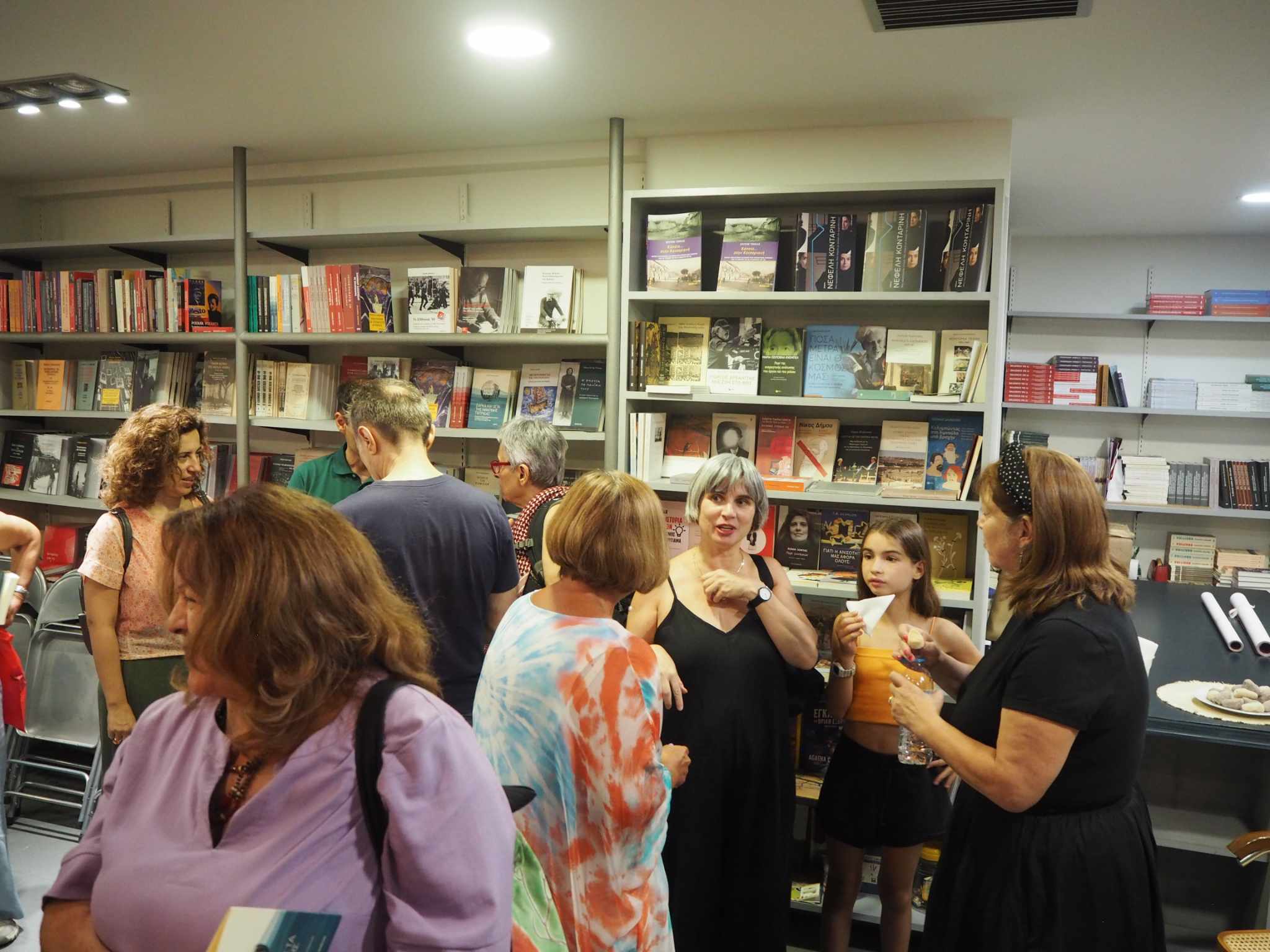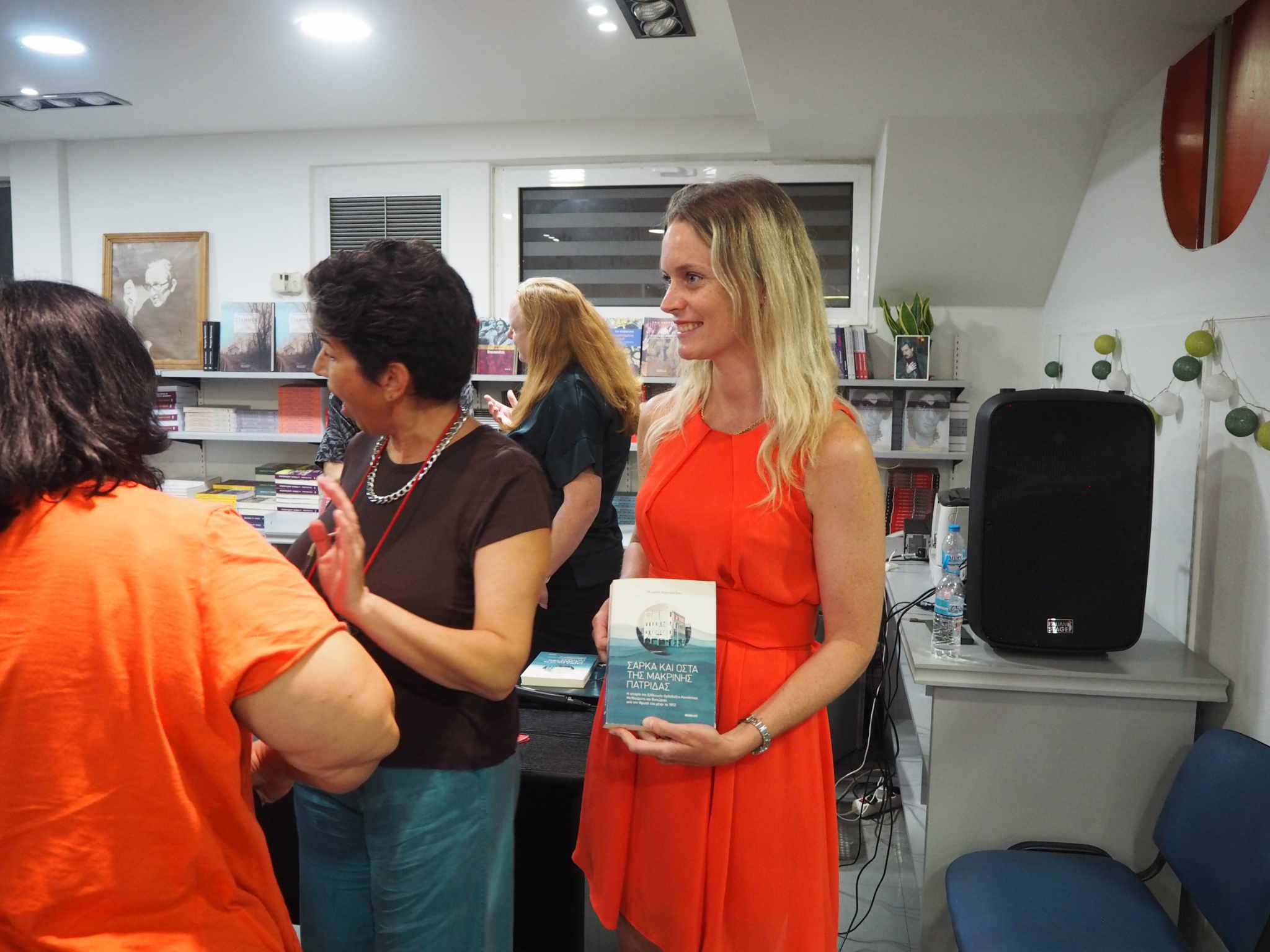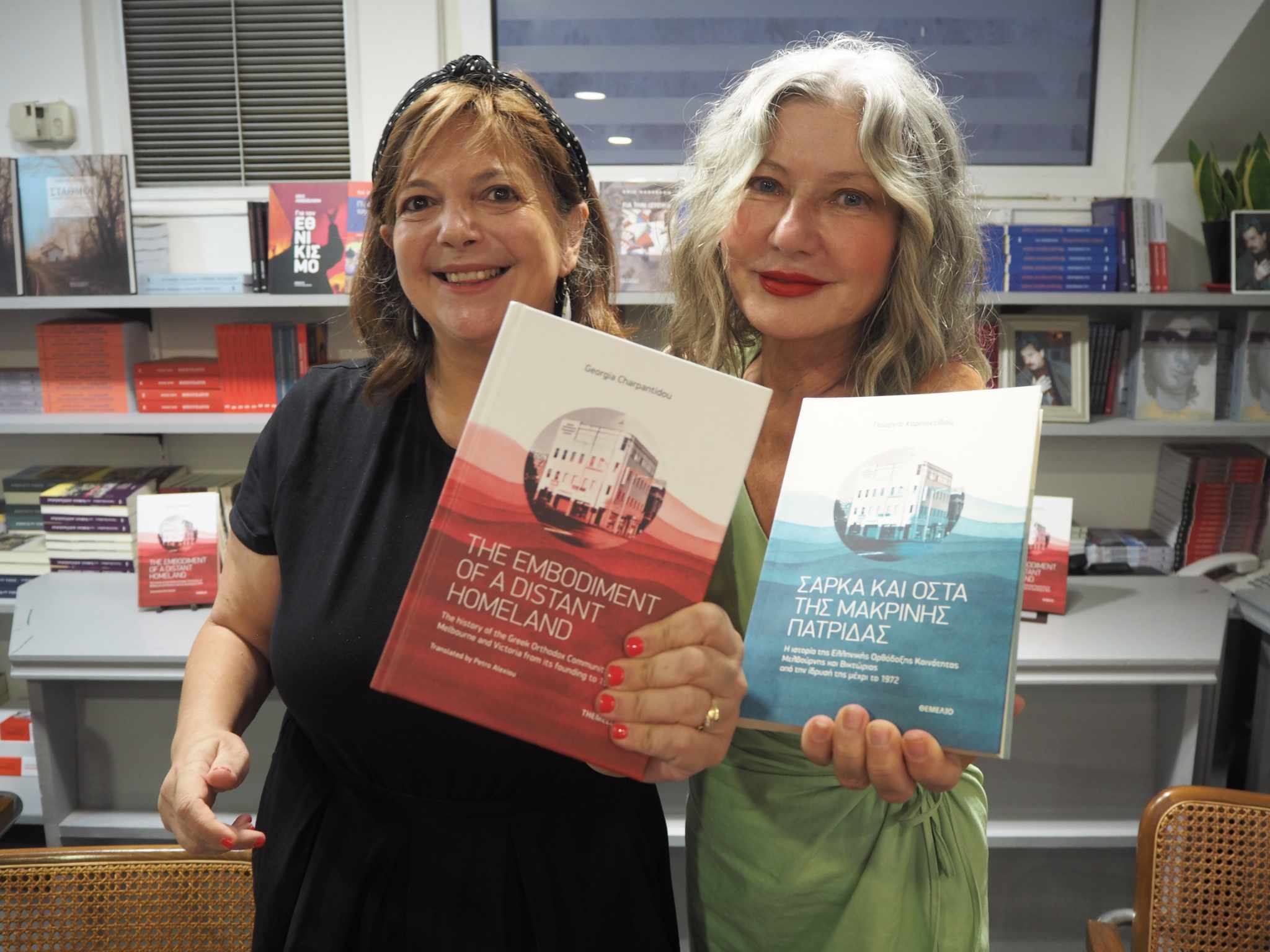On Thursday, September 5, the Themelio bookstore in downtown Athens hosted the launch of Georgia (Juliana) Charpantidou’s book The Embodiment of a Distant Homeland. This research outlines the history of the Greek Community of Melbourne (GCM) from its establishment until 1972.
Alison Duncan, Australia’s Ambassador to Greece, Bulgaria and Romania, highlighted the complexity of the research during a presentation of the English translation of the work by Dr Petro Alexiou.
“The GCM is one of the most successful ethnic organisations in Australia,” Ms Duncan said.
“Its contribution to the emergence of the multicultural model for the Australian society has been truly significant, but its history, as one learns from reading Georgia’s book, has been one of twists and turns.”
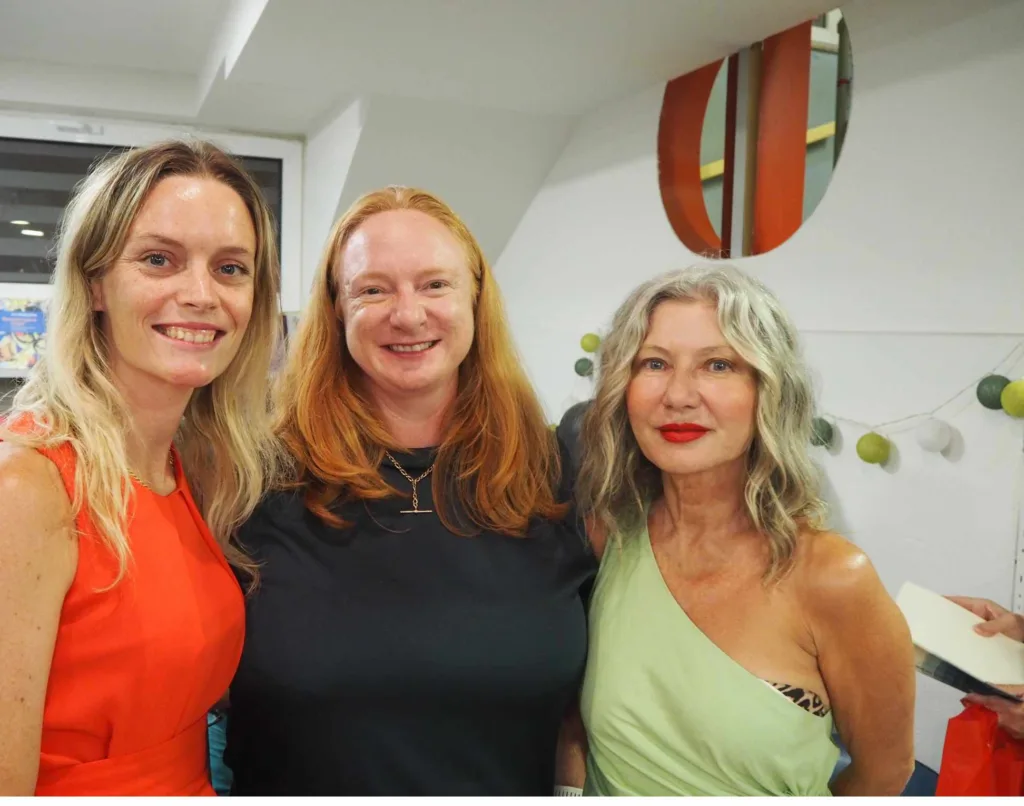
Commissioned by the GCM, this candid history does not shy away from addressing challenges: tensions between secular and religious factions, political rivalries, and ongoing negotiations within the community. Ms Duncan commended those involved for their “courage, honesty, and open-mindedness” in dealing with the past.
Despite conflicts, the community pioneered the establishment of Orthodox churches, afternoon schools, social welfare services, and fundraised for official Greek and Australian campaigns, as well as events to promote Greek culture and national celebrations.
Launched in Greek in Melbourne last year, the importance of an English-language version was emphasised to benefit younger generations and larger audiences.
“The English version of the book is not just a rendering of the Greek original into English, but a standalone version in itself,” Ms Charpantidou said.
Pleased to see the work in English, 10 years after beginning her research in 2014, Ms Charpantidou noted, “The Greek presentation of the books was a wonderful opportunity for the Greek public to get to know the collective institutions established in distant Australia by Greek immigrants.”
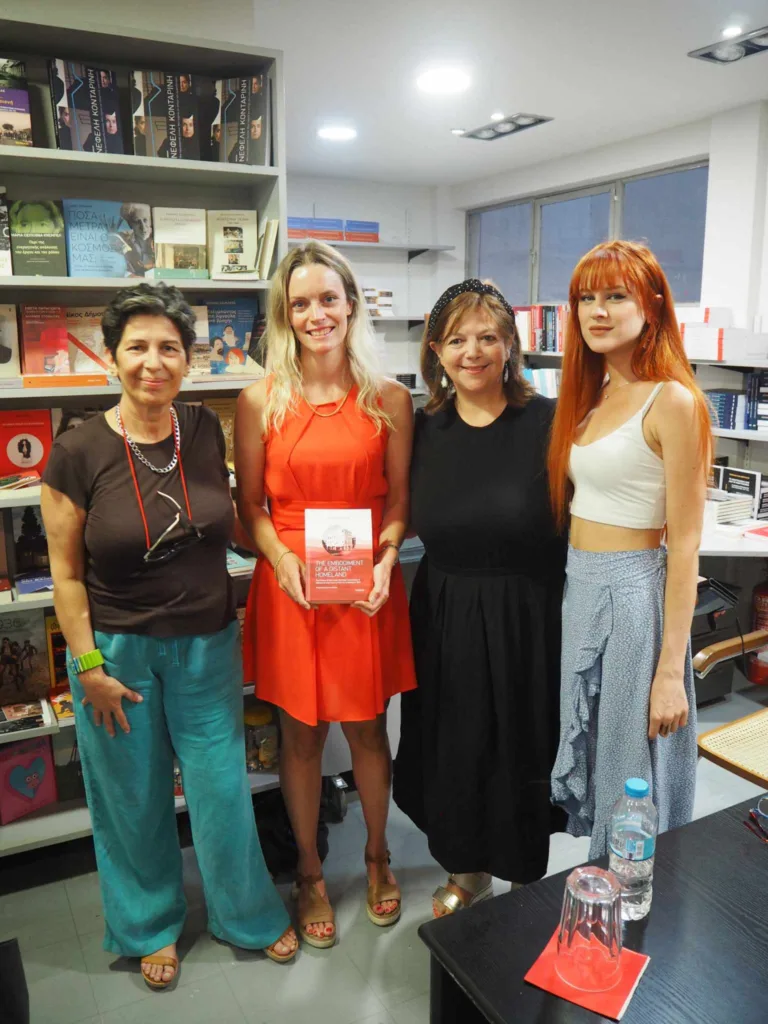
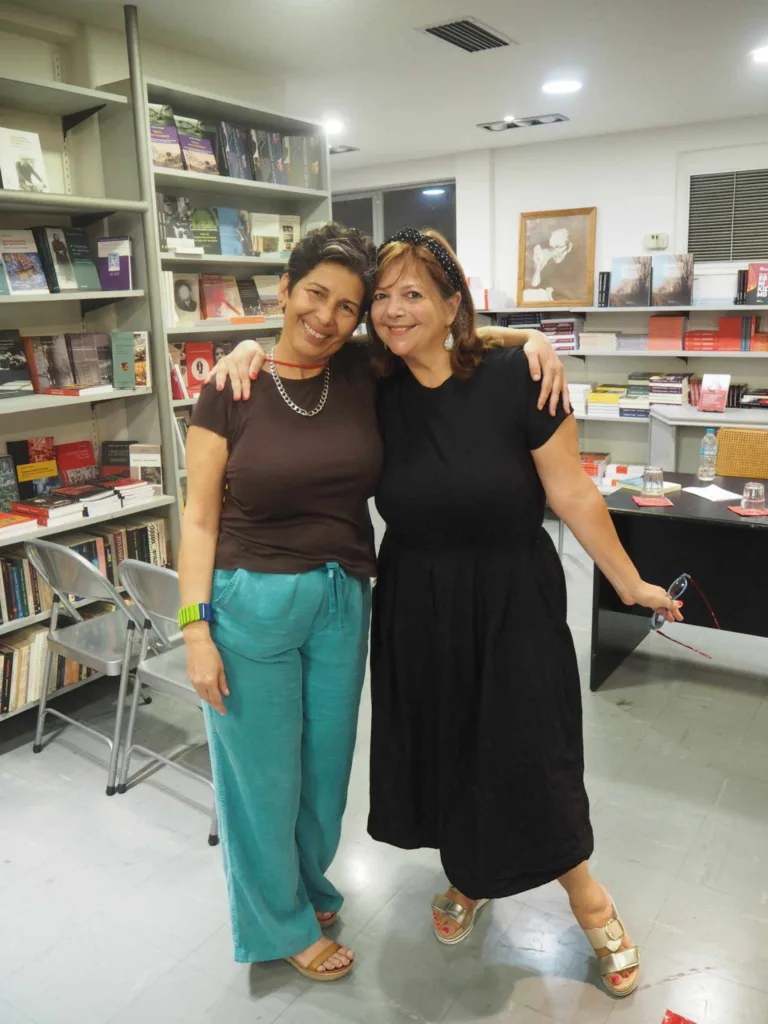
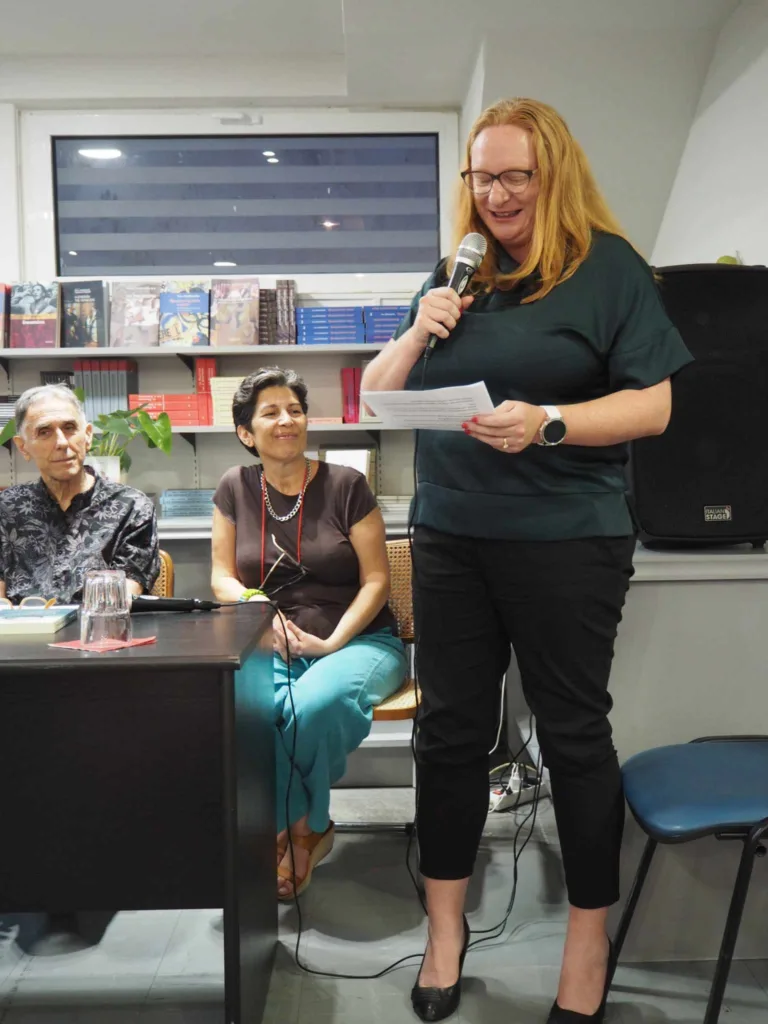
While most of us know the stereotype of the post-war immigrant, the book casts the spotlight on powerful figures. Merchant Alexandros Maniakis, Antonis Lekatsas – described by the press as “Australia’s richest Greek” – and restaurateur Grigoris Matorikos, were well-to-do figures within the Australian society before the creation of the GCM in 1897.
Dr Alexiou, who translated the work, said the book is a “timely contribution to Greek Australian history.”
“The translation involved some minor revisions of the original work, made in close collaboration with the author, including corrections, references, additional exposition, and alternative wordings. However, the text remains faithful to the arguments, nuances, and spirit of the original,” Dr Alexiou said.
Historian Kostas Katsapis, a lecturer at Panteion University and the Hellenic Open University, said the work is as much about Greece’s history as it is about the diaspora.
“The various aspects of Greek history influenced the experiences of Greek Australians in their new homeland, and Ms Charpantidou’s research highlights our history as seen through the lens of the diaspora,” he said.
Guests lingered well after the event had ended, building connections, strengthening community ties and sharing friendly banter while nibbling on amygdalota from Sifnos offered by Anna Malikosi of Themelio bookstore.
Former GCM school principal Manos Tzimbragos, lawyer Scarlett Athanasia Bawens, and journalist Helen Vrontis were among the Athens-based guests with strong connections to Australia. The atmosphere was cosy and cordial, and guests felt the same nostalgia for Australia that attendees at last year’s Australian launch of the Greek version felt for their homeland.
Dr Nick Dallas, an education leader with the GCM, told The Greek Herald that the work is a rare instance of the history of a diaspora community being made available in both Greek and English. Research is now underway for the Greek Community’s history beyond 1972.
The Greek Herald journalist Mary Sinanidis emceed the event, and stressed the importance of having the work translated into English at a time when younger generations are struggling with the Greek language in Australia.
Georgia Charpantidou’s “The Embodiment of a Distant Homeland” is available in Greek and English at Themelio bookstore and other select bookstores in Athens as well as at the Greek Community’s bookstore in Melbourne and can also be ordered online.
*All photos by Scarlett Athanasia Bauwens
